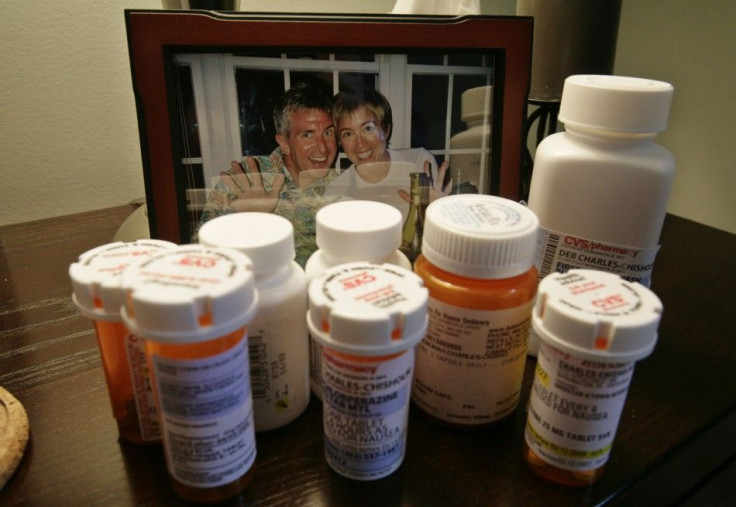Cheap Diabetes Drug May Be Newest Weapon Against Cancer

One of the most promising new cancer drugs isn't new at all -- it's actually a commonly prescribed diabetes drug approved by the U.S. Food and Drug Administration in 1994, according to research presented at the American Association for Cancer Research meeting in Chicago.
Metformin, used by diabetics to regulate their blood sugar, may help suppress tumors and increase the lifespan of cancer patients, researchers said.
Metformin was administered to patients with melanoma, as well as those with prostate, pancreatic, and lung cancers -- and it inhibited the growth of tumor cells. In addition, pancreatic-cancer patients given both metformin and a tumor-suppressing drug responded better than did patients given just the tumor-suppressing drug: They had a 32 percent reduced risk of death.
Our results were surprising because combining metformin and [tumor] inhibitors was much more effective at blocking tumor growth than would be expected given the effect of either drug on its own, Richard Marais, the study co-author and professor of molecular oncology at the Paterson Institute for Cancer Research in Manchester, England, said in a statement.
However, patients just given metformin saw tumor production double. Researchers are not sure why it increased production or why the combination of drugs then shrunk tumors.
Research suggests that metformin inhibits tumor growth through the same mechanism it helps diabetics regulate their blood-sugar levels. Metformin treats diabetes by lowering insulin levels -- and several cancers, such as breast and prostate cancer, have been linked to high insulin levels, although no causal relationship has been established.
One of the most promising aspects of the research is its affordability. Generic metformin is available for mere pennies per pill, in stark contrast to expensive cancer treatments. The drug's safety is a plus as well: It has been in use since 1994 in the United States and since 1958 in the United Kingdom, so its long-term effects are well understood.
We don't very often see [that] the generic drug that's available at your drugstore anyways might have some use for cancer, Dr. Michael Pollak, director of cancer prevention at McGill University, who conducted a 2006 study on metformin and cancer, told CNN. It contrasts so much with what you hear in cancer research: doctors developing new targeted therapy that costs $800 a month, and it works a little bit -- but only for certain kinds of patients with certain kinds of tumors.
The reason for the contrast is the lack of potential profit, Pamela Goodwin, a breast-cancer researcher at the University of Toronto, who was not involved in the study, told CNN. Since the patent on metformin expired in 2002, there is little incentive for big pharmaceutical companies to fund research.
I imagine that if [metformin] was a proprietary drug owned by a major pharmaceutical company, they would be developing it very aggressively, Goodwin said.
Researchers warned there is still much work to be done before they can definitively say whether metformin can be used as a cancer drug. No findings have shown a direct link between the drug and reduced cancer risk or death rates. In addition, sample sizes have been small, so the possibility that the patients given metformin are relatively healthy, making them less likely to develop or die from cancer in the first place, is very real.
When we're dealing with patients, we have to always be aware that [metformin] possibly could not have clinical relevance, Goodwin said. So we have to test it.
© Copyright IBTimes 2024. All rights reserved.





















